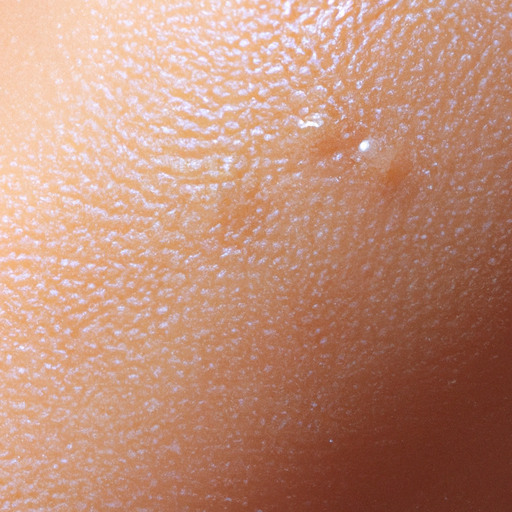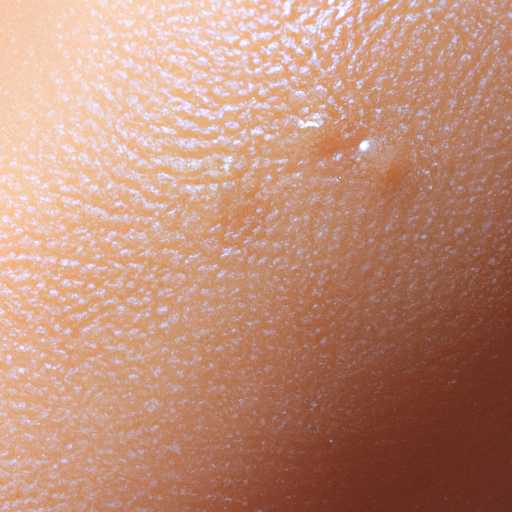As a medical professional, I often encounter patients who struggle with oily skin. This condition, while not life-threatening, can be a source of discomfort and self-consciousness for many people. Understanding the causes and symptoms of oily skin can help individuals manage it effectively and improve their overall skin health.
Oily skin, medically known as seborrhea, is characterized by an overproduction of sebum, an oily substance produced by the sebaceous glands in the skin. This excess sebum can lead to a shiny or greasy appearance, clogged pores, and frequent breakouts. While oily skin can affect anyone, it is most common during puberty and other periods of hormonal fluctuation such as pregnancy or menopause.
Several factors contribute to the development of oily skin. Genetics play a significant role; if your parents have oily skin, you are more likely to have it as well. Hormonal changes or imbalances can also trigger increased sebum production. For instance, higher levels of androgens, male hormones present in both men and women, can stimulate sebaceous glands to produce more oil.
Environmental factors can also exacerbate oily skin. Hot and humid weather can stimulate oil production, while cold, dry conditions can cause the skin to overcompensate for dryness by producing more oil. Lifestyle factors such as diet and stress levels can also influence sebum production. Consuming a diet high in processed foods and sugars can stimulate oil production, while stress can trigger hormonal fluctuations that increase sebum production.
The symptoms of oily skin are relatively easy to identify. The most obvious sign is a shiny or greasy appearance, particularly in the T-zone (the forehead, nose, and chin). Oily skin may also feel thick or rough and may have enlarged pores. Individuals with oily skin often struggle with frequent acne breakouts and blackheads due to clogged pores. The skin may also appear dull due to a buildup of excess oil and dead skin cells.
While oily skin can be frustrating, it is important to remember that sebum plays a crucial role in maintaining skin health. It helps to hydrate the skin and protect it from environmental damage. Overzealous attempts to remove all oil from the skin can actually trigger more oil production, leading to a vicious cycle of oiliness and dryness.
If you are struggling with oily skin, it is advisable to consult with a dermatologist or other healthcare professional. They can help you identify potential triggers and recommend appropriate skincare products and routines. In some cases, medication may be necessary to manage hormonal imbalances contributing to oily skin.
In conclusion, oily skin is a common condition influenced by a range of genetic, hormonal, environmental, and lifestyle factors. By understanding the causes and symptoms of oily skin, individuals can take steps to manage their skin health effectively, reducing discomfort and improving their confidence in their appearance. Remember, every skin type is unique and requires personalized care. So, embrace your uniqueness and take care of your skin the best way you can.




